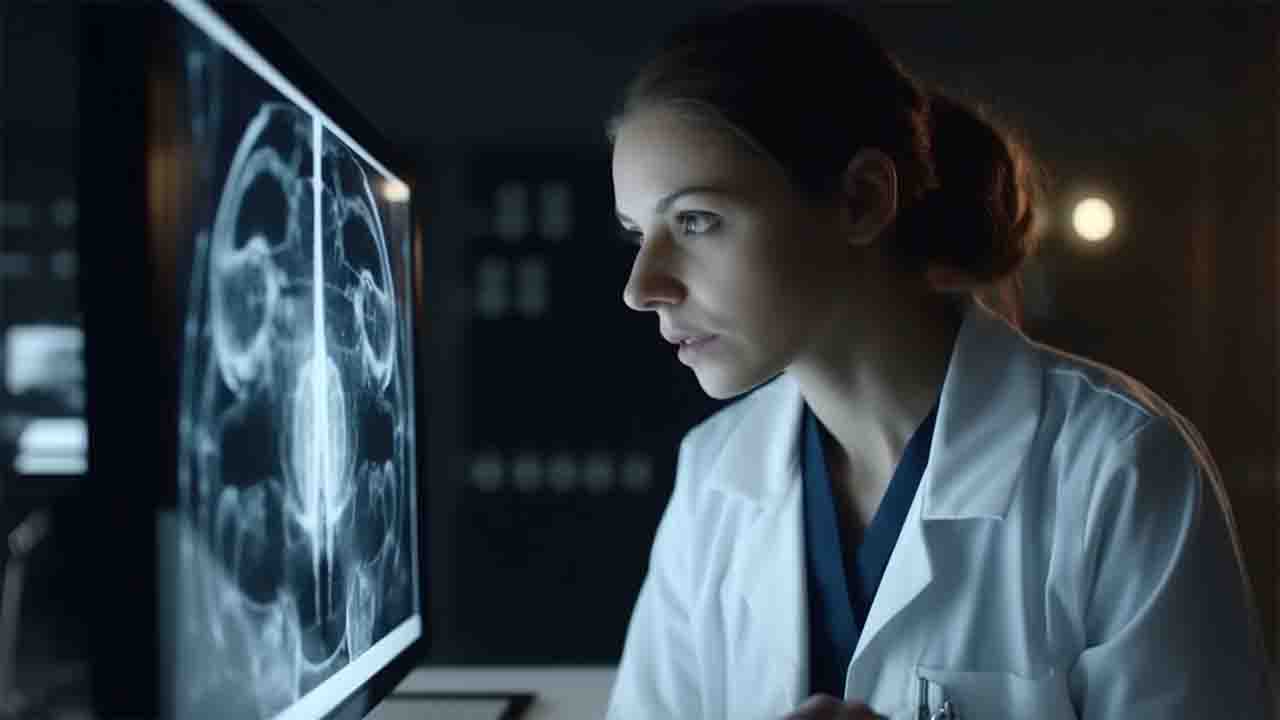Cancer treatment can be time-consuming and definitely a patient will have lots of questions about it. It is a must to discuss with your doctor how long you can anticipate to wait for the commencement of therapy or to choose the best course of action for your circumstances and it is critical to understand all of your available therapy options.
A study says ChatGPT may be utilized to get the best answers. A novel Northwestern Medicine study verified a particularly intended ChatGPT to determine if it could effectively answer patients’ common inquiries about radiation oncology. Individuals may be too overwhelmed to relate all their fears during a consultation or may overlook what the doctor explained to them.
ChatGPT might be used to answer inquiries about radiation oncology as trained professionals or even better, which can decrease clinician workload and exhaustion, according to a study published, the newest discoveries suggest AI could advance the treatment and diagnosis of tumors. ChatGPT’s answers to 115 common questions concerning radiation oncology—radiotherapy or chemotherapy—were on the same level with or surpassed those provided by specialists on the internet, frequently explaining intricate subjects in modest terms, Northwestern Medicine study issued in JAMA Network.
Scientists assembled questions and answers regarding radiation oncology from sites associated with the National Cancer Institute and the Radiological Society of North America before utilizing those questions as stimuli for ChatGPT.
3 radiation oncologists and 3 radiation physicists judged each answer for accuracy, comprehensiveness, and conciseness when related to responses from online experts.
Amulya Yalamanchili, resident radiation oncology at Northwestern Medicine, informed the technology could assist in reducing workload and burnout among physicians, who are progressively on call as cancer cases rise. Although ChatGPT provided consistent answers, some answers were concerning since they used a dialect at a college reading level, as well as complex health jargon, scientists warned. The scientists and other Northwestern University researchers are creating a procreative AI application to assist in answering questions from individuals concerning radiation oncology treatment, scientists said. 650,000 patients with cancer obtain some form of radiation oncology treatment in the U.S. each year, according to a 2022 investigation. Around 60% of patients identified with some form of cancer necessitate radiotherapy or chemotherapy.
We’re discovering how these innovative AI chat structures can do more than just send quick, precise, and tailored information about radiation oncology treatment, said Dr. Bharat Mittal, president of radiation oncology at Feinberg and an author of the paper. We’re also exploring how they can be combined into everyday practices of patient care, guaranteeing care is more effective and accurate. Medical experts have progressively recommended AI could assist oncology as the technology rapidly develops. Doctors from Stanford University wrote that AI might be utilized as a tool to aid in decreasing errors in finding and advancing the cancer recognition rate, although the expertise was still “years away” from the use to forecast treatment outcomes and cancer screenings. AI for cancer prediction, diagnosis, and forecast may “one day” assist in more effective cancer treatment, according to a 2023 study. Though AI may ultimately be helpful in oncology, there are concerns regarding “unique ethic and legal deliberations,” including “characteristic” prejudices in information sets used to educate the technology. Scientists from the University of Oxford and the University of Manchester used AI to recognize another form of prostate cancer. AI was utilized to study variations in the DNA of prostate cancer samples from 159 patients, which specified two separate cancer sets among those patients, scientists said. The heading of the article is “Excellence of Large Language Model Responses to Radiation Oncology Patient Care Questions.” Northwestern authors on the paper are Bishwambhar Sengupta, Joshua Song, Sara Lim, Dr. Tarita Thomas, Dr. Bharat Mittal, and Dr. Mohamed Abazeed








